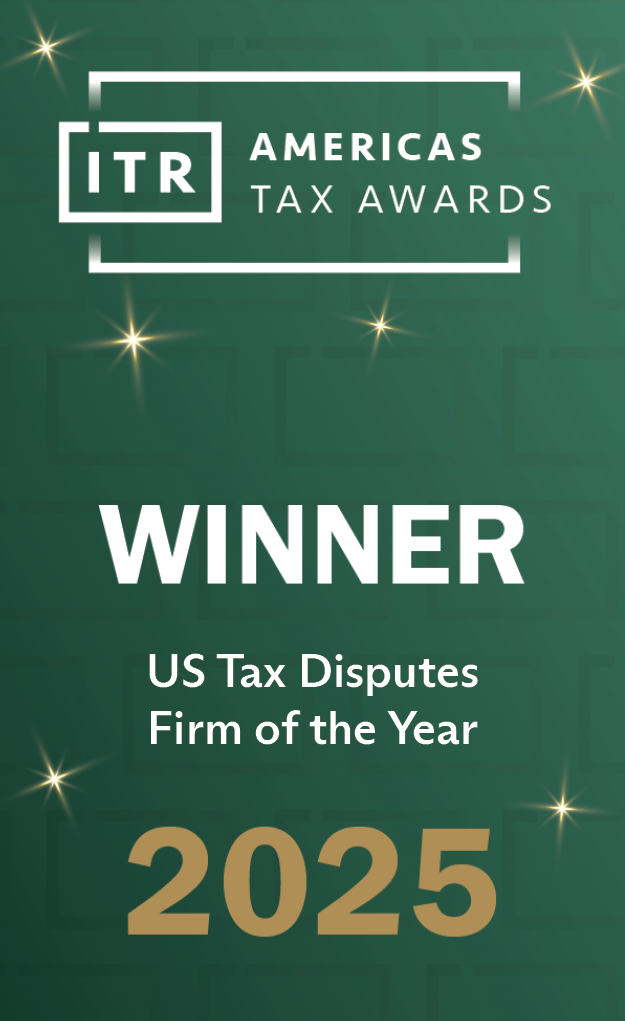In early August 2017 (as we previously reported), the Chief of the Internal Revenue Service’s (IRS) Criminal Investigation Division (CID), John D. Fort, announced that CID would be forming new National Coordinated Investigation Units over the next few months. In a recent conference, Fort has confirmed that these units will be fully operational in January, and they are already sending out referrals to field offices.
The units are intended to modernize CID’s investigative tools to rely more upon data analytics to harvest leads from information received through the Swiss Banking Program, the Foreign Account Tax Compliance Act (FATCA) and the Panama Papers investigation, among other sources. The effort is also clearly intended to maximize the Division’s resources in light of budgetary concerns.
Fort also noted that CID has increasingly focused on tax evasion issues related to cryptocurrencies, and that the use of cryptocurrencies in money laundering operations has become much more mainstream in the last few years. We have also observed a number of developments in this area. For example, the Department of Justice Tax Division is currently engaged in an IRS “John Doe” summons enforcement action against a Bitcoin clearinghouse, seeking the names of Coinbase’s customers who engaged in certain types of potentially reportable transactions. See United States v. Coinbase, Inc., 3:17-cv-01431-JSC (N.D. Cal.).
Practice Point: The new National Coordinated Investigation Units have the potential to reinvigorate and sharpen CID’s investigative efforts in the United States and for taxpayers abroad. Particularly in the area of undeclared offshore accounts, voluntary disclosure is strongly advisable; the world is getting smaller and smaller. Also, CID’s heightened focus upon Bitcoin and other cryptocurrencies may have far-reaching effects beyond criminal investigations. For example, as we have seen historically with the UBS and Jenkens & Gilchrist “John Doe” summons enforcement cases, among others, these summons proceedings can hold open statutes of limitations for assessment in civil audits as well.







